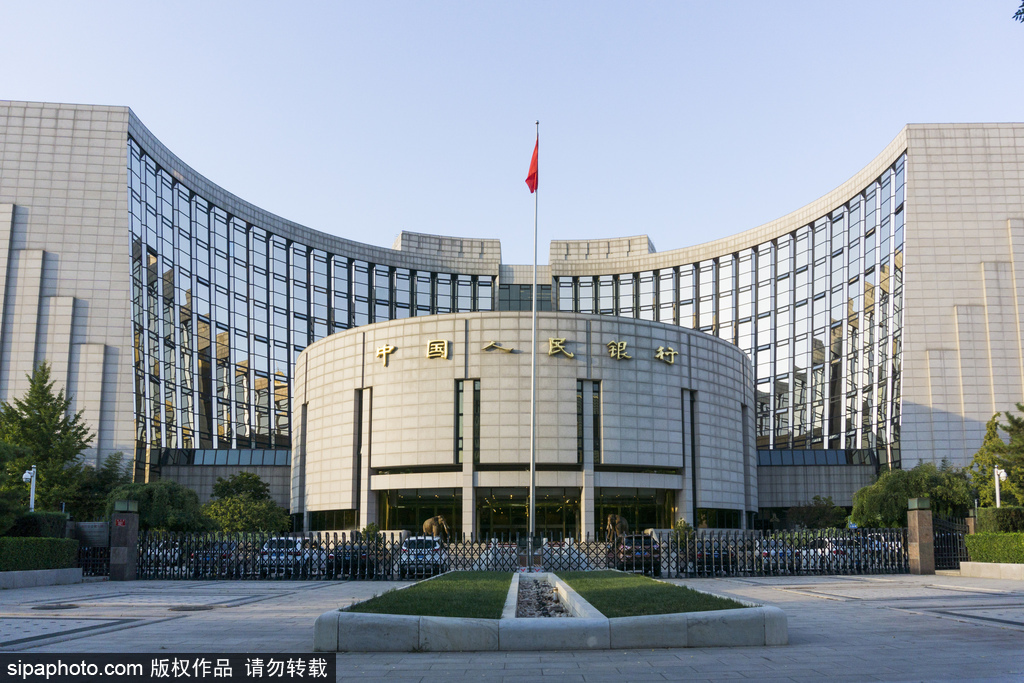Banks asked to ditch London Interbank Offered Rate
By CHEN JIA | China Daily | Updated: 2021-06-03 09:18

The People's Bank of China, the central bank, has urged commercial banks to abandon the London Interbank Offered Rate for dollar-denominated loans having a floating-rate benchmark.
The PBOC has also asked the banks to complete the Libor transition as and when financial regulators in the United Kingdom abandon the benchmark. It has also allowed banks to shift from Libor into the Secured Overnight Refinancing Rate, or Sofr, a rate based on repo market transactions recommended by the Alternative Reference Rates Committee, a public-private body in the United States.
Libor is the most widely used benchmark that emerged in the late 1960s to support the burgeoning syndicated loan market. It is formed by collecting interbank offered rate quotes from a panel of banks, which reflects the pricing level at which banks could borrow funds from each other.
The central bank held a meeting with major commercial lenders in Beijing on Tuesday and said the participants have achieved agreements on replacing Libor with the US dollar-denominated floating rate loans, a statement said.
Libor was widely blamed for the 2008 global financial crisis, as some banks manipulated the rate to misrepresent their creditworthiness by understating borrowing costs.
Signals from the PBOC meeting are an indication that monetary authorities now have a positive attitude on an official term replacement for Libor. Chinese financial institutions will finish the benchmark transition simultaneously with global peers, said experts.
In March, financial regulators in the UK said that Libor will formally cease at the end of the year for most currencies, a step that will raise pressure on banks and asset managers to abandon the tainted lending benchmark.
The Financial Conduct Authority in the UK said that Libor would end on Dec 31 for sterling, euro, Swiss franc and the Japanese yen. One-week and two-month US dollar settings will also end at that time.
The PBOC said that before the termination of Libor's publication, financial institutions should stop signing new contracts or extending outstanding contracts using Libor rates. Lenders should sign completion agreements with clients on the first day of replacement, at the latest, it said.
The central bank said its statement includes three reference documents for banks, that is, pertaining to signing of new contracts with clients, completion agreements for existing contracts and for shifting Libor into Sofr. The central bank said it was also collecting public opinions on model contracts for Libor derivatives and would publish them soon.
Last September, the central bank published a white paper, in which it mentioned that it would help commercial lenders to shift from Libor to a self-designed interest rate system.
The system prefers to use depositary financial institutions' repo rates, called "DR", as the key reference to price financial contracts, which can better reflect the real liquidity situation in the banking system, the white paper said.
Chen Jianheng, an analyst with China International Capital Corp, said it may take three to five years for China to shift its benchmark rate system as it requires financial institutions to enhance financial product development and trading using repo rates as the benchmark. It will help make the DR a new anchor of the central bank's monetary policy and market rates.
The Libor transition will bring uncertainties to financial institutions, especially for commercial banks, as it calls for changes to their risk measurement models, assessment tools and hedging strategies, said Li Yizhe, an analyst with the financial market department of Industrial and Commercial Bank of China.
The benchmark shift may lead to market fluctuations, as well as issues related to accounting and compliance, said Li.
The PBOC said in a statement that it would improve the supervision of deposit rates and help stabilize market expectations. It also urged lenders to publish its annualized lending rates in a clear manner.
The central bank is also reforming the domestic interest rate system, using loan prime rate, or LPR, as a market-based benchmark lending rate. The one-year LPR currently stands at 3.85 percent as of May 20, unchanged from the previous month.
























